SUMMARY
This is AI generated summarization, which may have errors. For context, always refer to the full article.
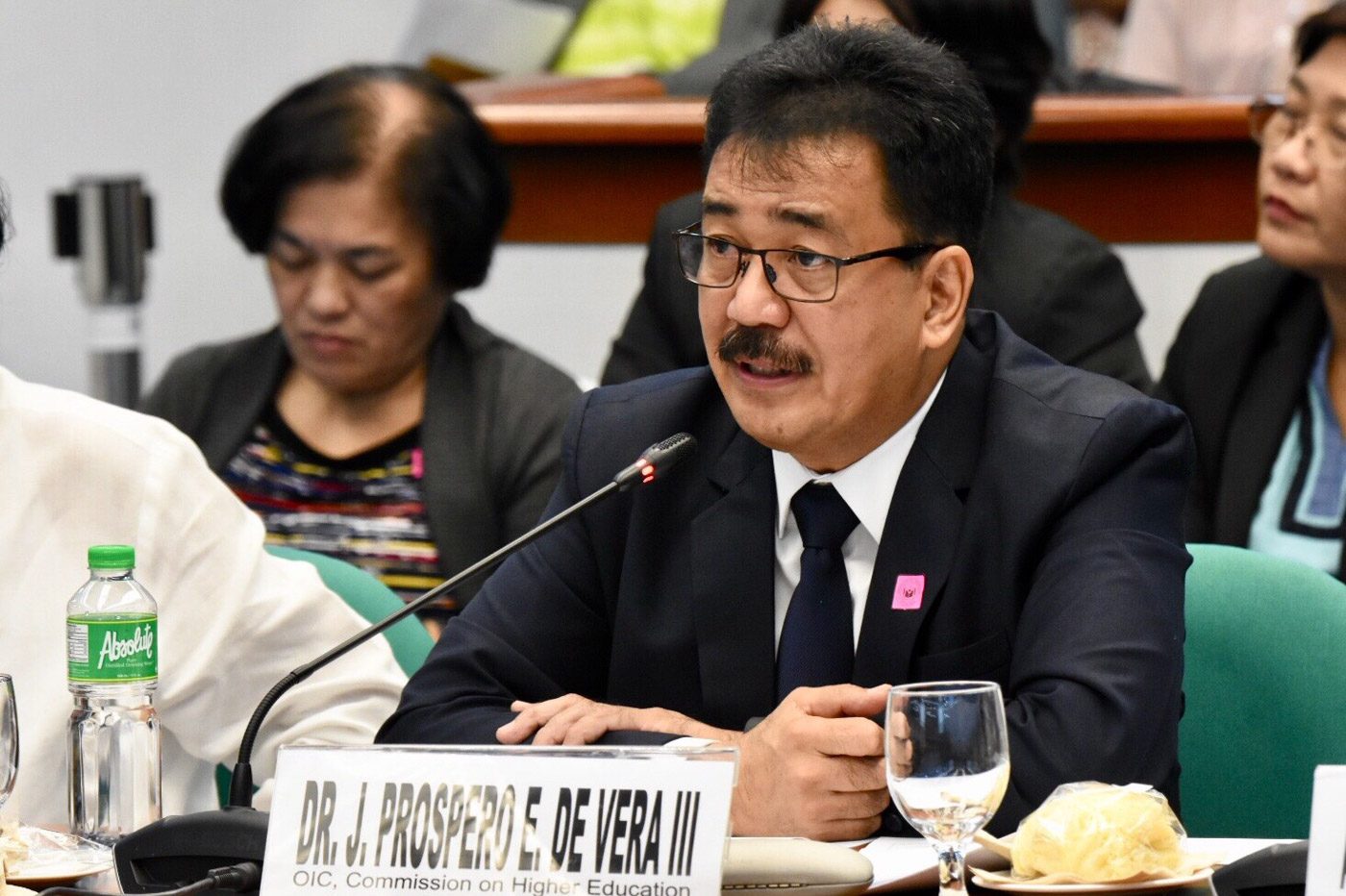
Will students be able to experience traditional face-to-face classes again?
Commission on Higher Education (CHED) chair Prospero de Vera III said on Friday, May 21, that the commission has already adopted a policy that “flexible learning” system will “continue in school year 2021 and thereafter.”
De Vera mentioned this during his presentation at the “Educating our Children in the New Normal” webinar organized by the Center for Strategy, Enterprise, and Intelligence.
“From now on, flexible learning will be the norm. There’s no going back to the traditional full-packed face-to-face classrooms. The commission has adopted the policy that flexible learning will continue in school year 2021 and thereafter,” he said.
The CHED chair explained that they adopted the policy as they don’t want to “run the risk exposing our educational stakeholders to the same risk if another pandemic comes in.”
Aside from this, De Vera said that going back to the traditional face-to-face classes would waste the “investments in technology, teachers’ training, and retrofitting of our facilities.”
“Flexible learning” for higher education institutions involves a combination of digital and non-digital technology, which CHED said doesn’t necessarily require internet connectivity. (READ: During pandemic, student climbs a mountain to send class requirement)
De Vera earlier said that universities and colleges have the freedom to choose what mode would be effective for them. Some have been using the pure online mode, others pure modular, and there are those using a combination of the two.
During the webinar, De Vera said that the “old paradigm of face-to-face versus online will now disappear” as higher education institutions would have a “flexible system where universities will mix-and-match flexible learning methods appropriate to their situation.
However, ever since schools shifted to remote education in 2020, students have been struggling to cope with the demands of online learning. Many students and groups have also called for an “academic freeze” as the country fights the pandemic. They pointed out that the coronavirus lockdown affected household finances, and many Filipinos don’t even have access to a computer or the internet.
Aside from this, online learning during the pandemic has affected students and faculty, both physically and mentally.

‘Against the interest of Filipino youth’
The National Union of Students of the Philippines Cebu or NUSP Cebu said this insistence on distance learning is “against the interest of the Filipino youth.”
The NUSP-Cebu said it joins the clamor of other education advocates that the best way forward is a gradual return to physical classes. It added that the financial, mental, and logistical problems of distance learning have contributed to the decline in class attendance and even student dropouts.
“It’s as if the Commission is fine with students climbing trees and mountains to gain access to adequate signal, risking their welfare to go to computer shops, and suffering from mental health problems,” NUSP-Cebu coordinator Dee Supelanas said in a statement on Saturday.
Supelanas said that instead of continuing the “militarist” approach to the pandemic, the government should improve its scientific and medical responses to pave the way to the return of physical classes.
“By refusing to listen to the clamor of a safe and gradual resumption of physical classes, which has long been called for not just by students but also teachers, parents, and other education advocates, it only gives more reason for us to fight and push back against state neglect,” said Supelanas.
On Tuesday May 18, De Vera said that if medical schools that were allowed to hold “limited” face-to-face classes have zero transmission of COVID-19 cases, CHED will ask President Rodrigo Duterte to allow engineering, information technology, industrial technology, and maritime programs to hold limited in-person classes. – Rappler.com
Add a comment
How does this make you feel?
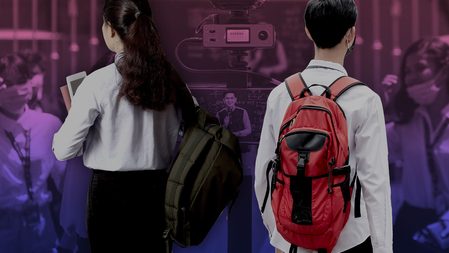
![[Time Trowel] Mentorship matters](https://www.rappler.com/tachyon/2024/04/mentorship-matters.jpg?resize=257%2C257&crop_strategy=attention)

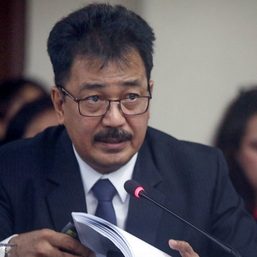
![[ANALYSIS] The multiplier effect of negligence in education](https://www.rappler.com/tachyon/2024/04/The-multiplier-effect-of-negligence-in-education.jpg?resize=257%2C257&crop=277px%2C0px%2C720px%2C720px)
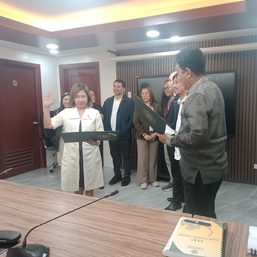


![[Time Trowel] Evolution and the sneakiness of COVID](https://www.rappler.com/tachyon/2024/02/tl-evolution-covid.jpg?resize=257%2C257&crop=455px%2C0px%2C1080px%2C1080px)


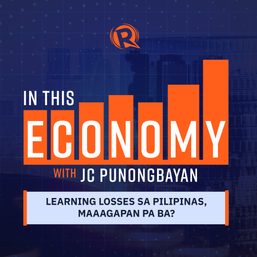

![[EDITORIAL] Ano sana ang takeaway ni Sara Duterte sa firesale ng mga laptops?](https://www.rappler.com/tachyon/2023/05/animated-DEPED-laptop-fiasco-carousel.jpg?resize=257%2C257&crop_strategy=attention)
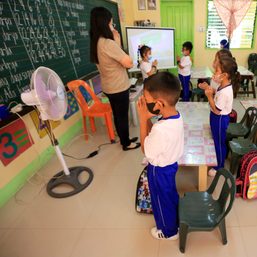
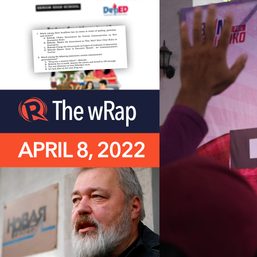
There are no comments yet. Add your comment to start the conversation.